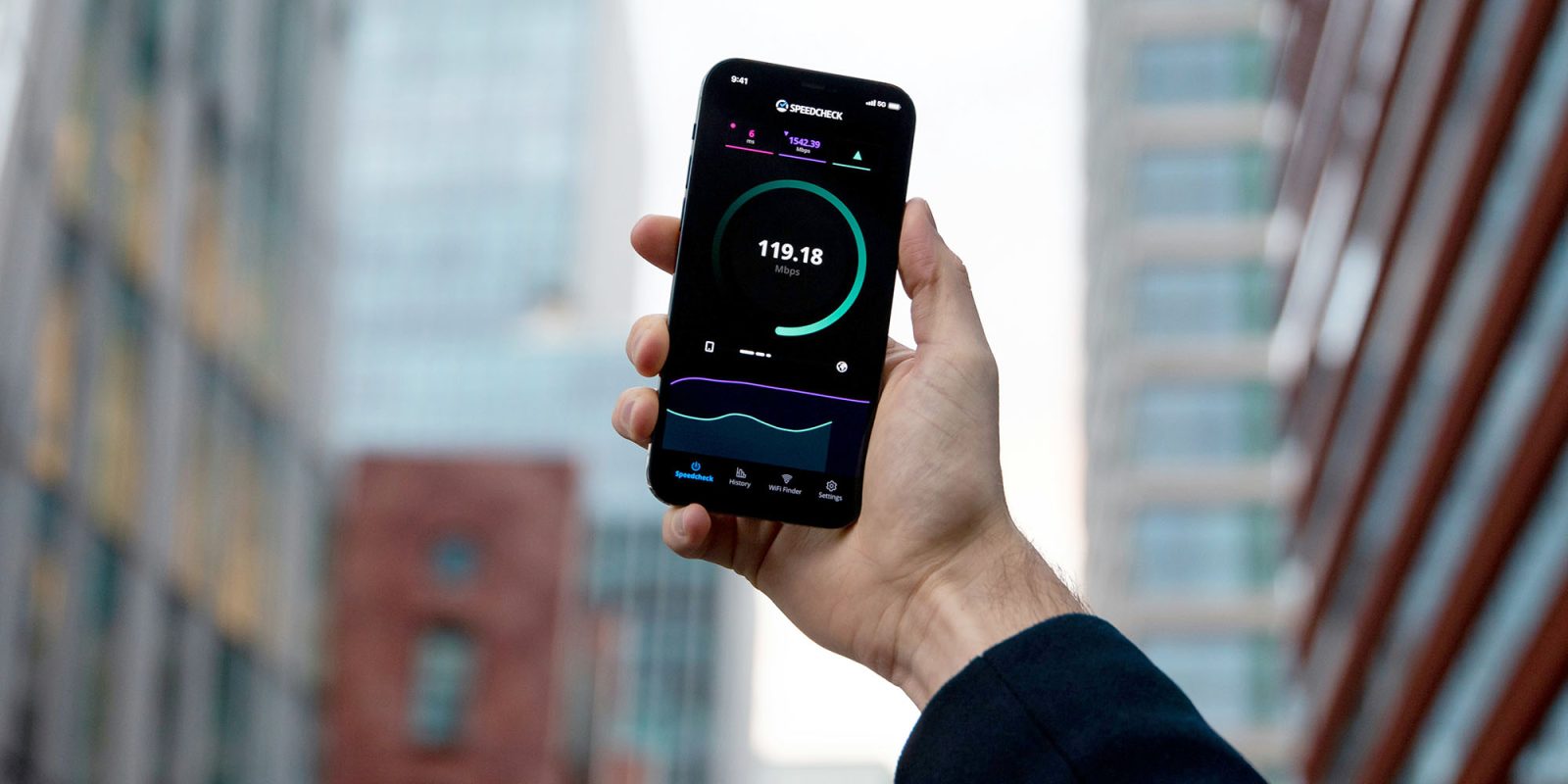
The project to replace Qualcomm’s radio chip with an Apple modem is taking a huge amount of time and effort, and some have questioned whether that investment makes sense just to save a few dollars on the cost of an iPhone.
The question becomes even more pointed when even company insiders admit there will be no benefit to customers when the switch first happens – but Apple is hoping the move will pay off for customers too, in the longer-term …
The long-running battle between Apple and Qualcomm
Every mobile phone, smart of dumb, needs a radio chip for mobile data, aka a modem. This is the chip that enables data to be sent and received on mobile networks. US chipmaker Qualcomm currently leads the market in these, and iPhones and iPads have used the company’s chips for many years.
The relationship between the two companies has not, however, been a happy one. We recently provided a recap of the battle between Apple and Qualcomm when the final court case was settled.
An Apple modem is taking years to develop
Apple has for many years been trying to develop its own modem, but each time we’ve seen a prediction of when the company will make the switch, the dates have been pushed back each time.
That’s because making a radio chip is way more complicated than it sounds. A large part of that complexity is that, in the mobile world, “standards” are defined by lengthy lists of alternatives, each of which needs to be supported by iPhones.
Radio chips have to support not only current and previous generations of each standard, but also every single variation of each in current use by different carriers in different countries – and that is a very long list!
Indeed, it was even claimed last year that Apple had abandoned its efforts, and many wondered why the company was putting so much work into a vital but rather uninteresting component – especially when chip lead Johny Srouji has specifically said the company is happy to use off-the-shelf chips unless there’s a compelling reason to create their own.
Not just about cost
But a Bloomberg piece suggests that, while the company admits there’s no customer benefit in the short-term, it does believe the work will pay off in the long-term.
Even people within Apple acknowledge that customers don’t really care who makes the modem in their phone [and] the user experience won’t noticeably change.
[But] down the road, there are plans for Apple to fold its modem design into a new wireless chip that handles Wi-Fi and Bluetooth access. That would create a single connectivity component, potentially improving reliability and battery life.
There’s also the possibility that Apple could one day combine all of this into the device’s main system on a chip, or SoC. That could further cut costs and save space inside the iPhone, allowing for more design choices. Furthermore, if Apple does ultimately save money by switching away from Qualcomm, it could redirect that spending toward new features and components.
However, there are big risks
Those huge lists of all of the different standards a modem chip has to support, and all of the conditions in which it has to work, mean it would be very easy to mess up.
Modems need to be tested globally across many different environments, and moving more than a billion users to an in-house model carries a lot of risk. If Apple messes this up, it could conceivably be the biggest iPhone scandal since Antennagate.
Photo by Frederik Lipfert on Unsplash
FTC: We use income earning auto affiliate links. More.




